Washington Hunting Guide
Washington is home to many different types of habitats. The state also offers excellent public access. Altogether, Washington has significant hunting opportunities for nonresidents and residents alike.
What to Hunt
The state’s diverse range of landscape supports many different popular game species.
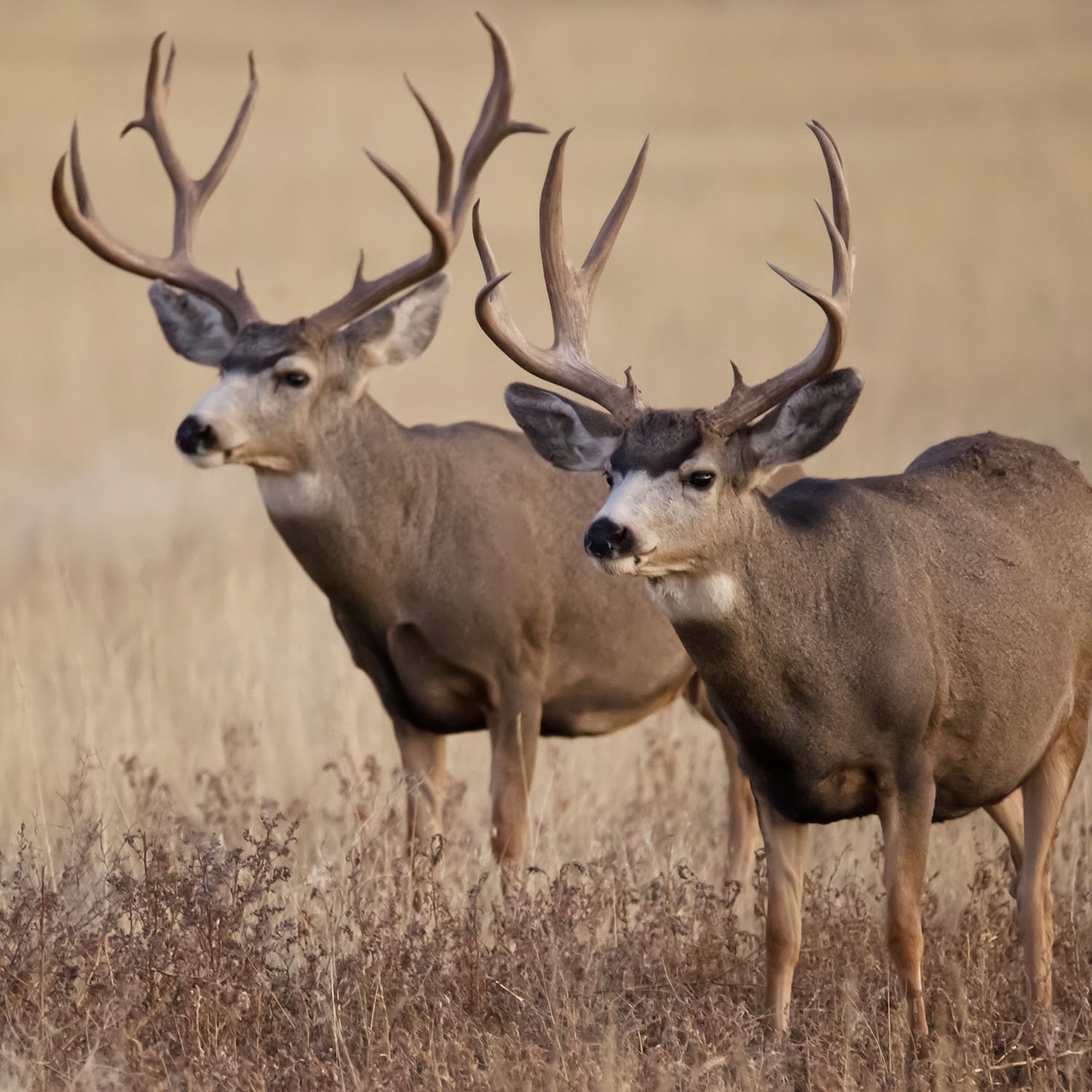
Deer
Blacktail hunting is often best near the end of the general season, when west-side vegetated habitats become ideal for stalking. Whitetail deer are more commonly found in the eastern third of the state in stream drainages and areas with riparian vegetation and thick cover. Mule deer can be found across the state, except for the western third, often in remote locations with high elevation. Nonresident license fees can be very high, but the state’s high deer density offers hunters a high rate of success.
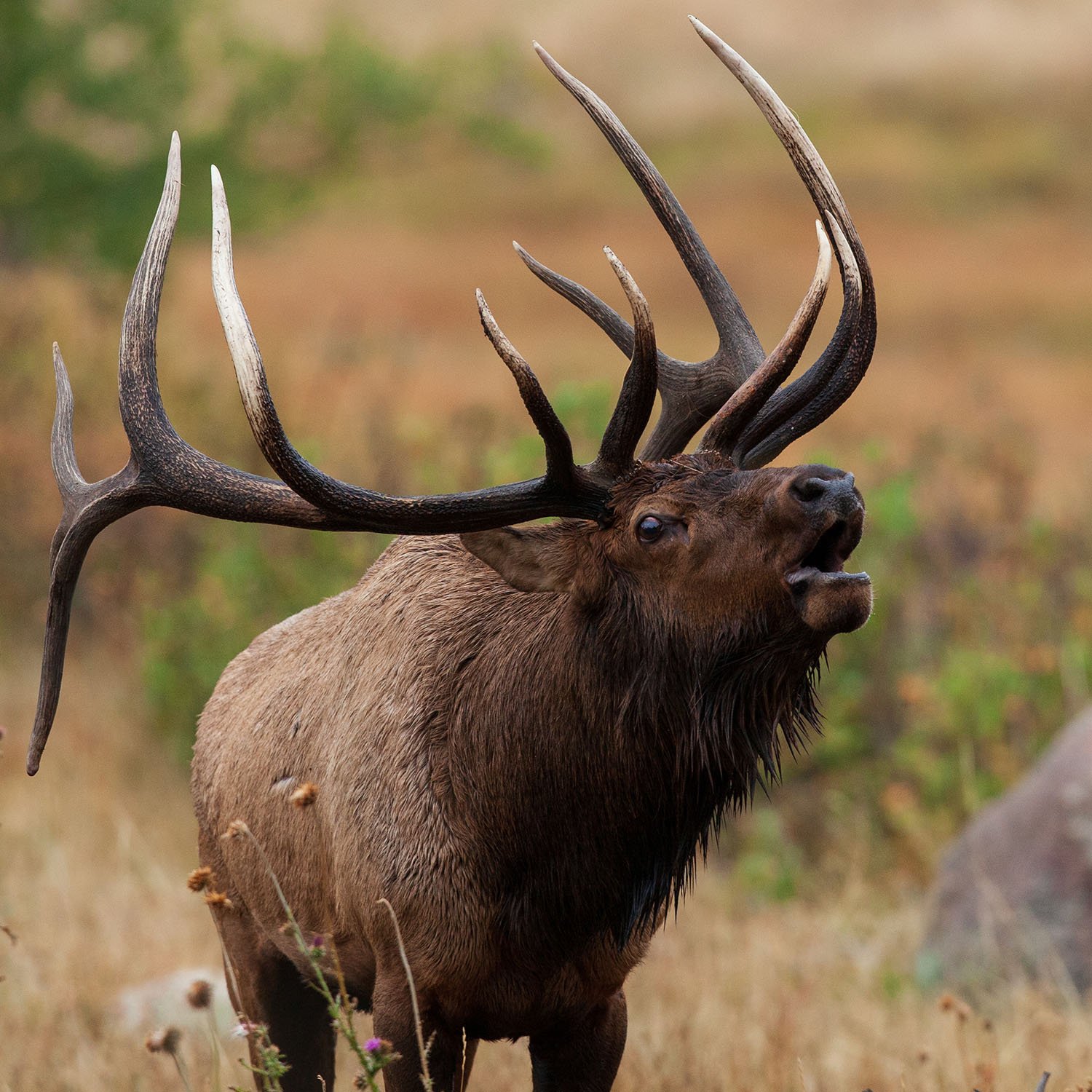
Elk
Washington is home to two distinct subspecies of huntable elk: Rocky Mountain elk and Roosevelt elk. Rocky mountain elk are found primarily in the Cascade Crest, while Roosevelt elk are in the Cascade Range. Hunters must choose a modern firearm, archery, or muzzleloader tag, which will determine their season dates.
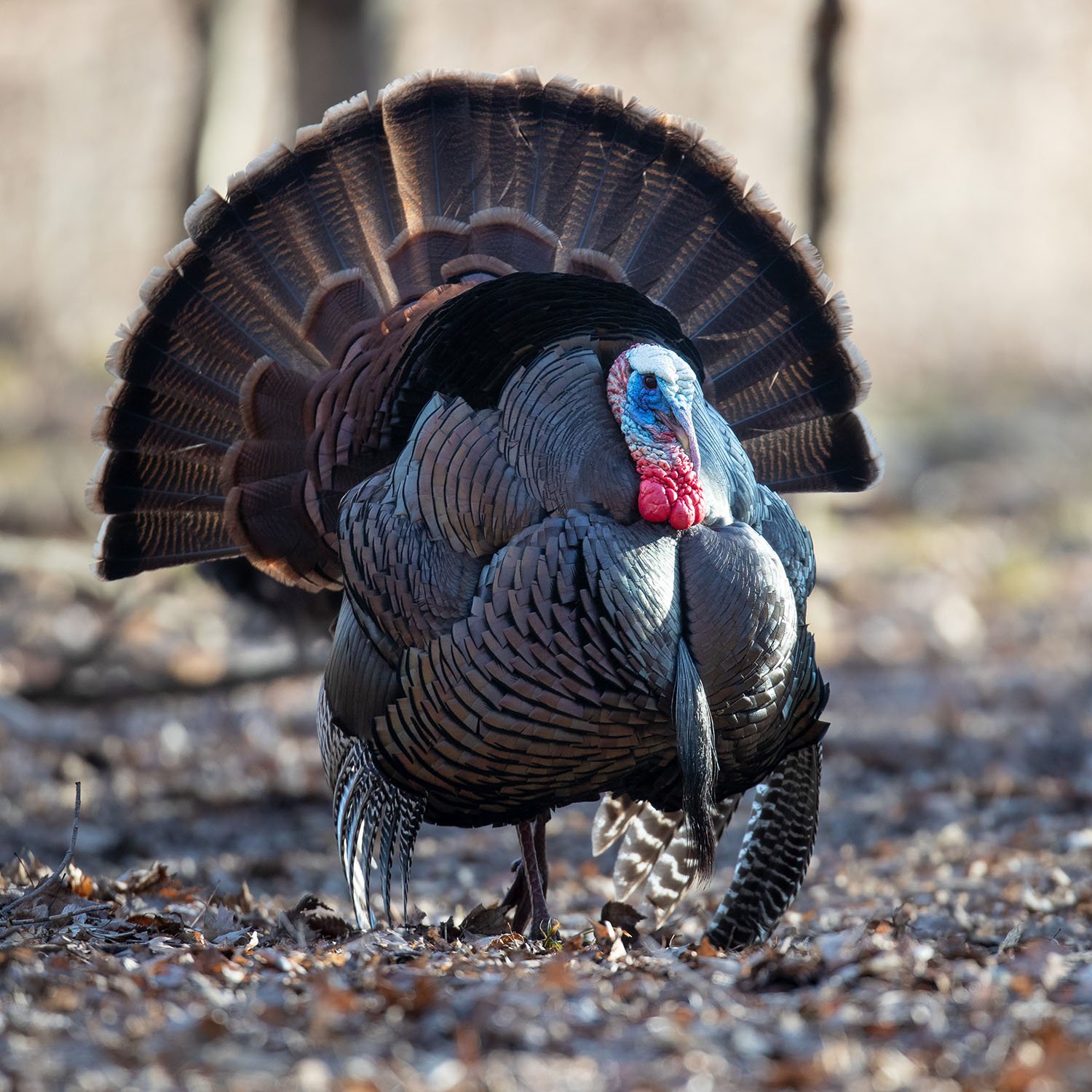
Turkey
Washington is home to three different subspecies of turkey: Merriam's, Rio Grandes, and Easterns. These can be found across Washington’s large amount of public access land. Washington has a three-bird limit in the spring season. .
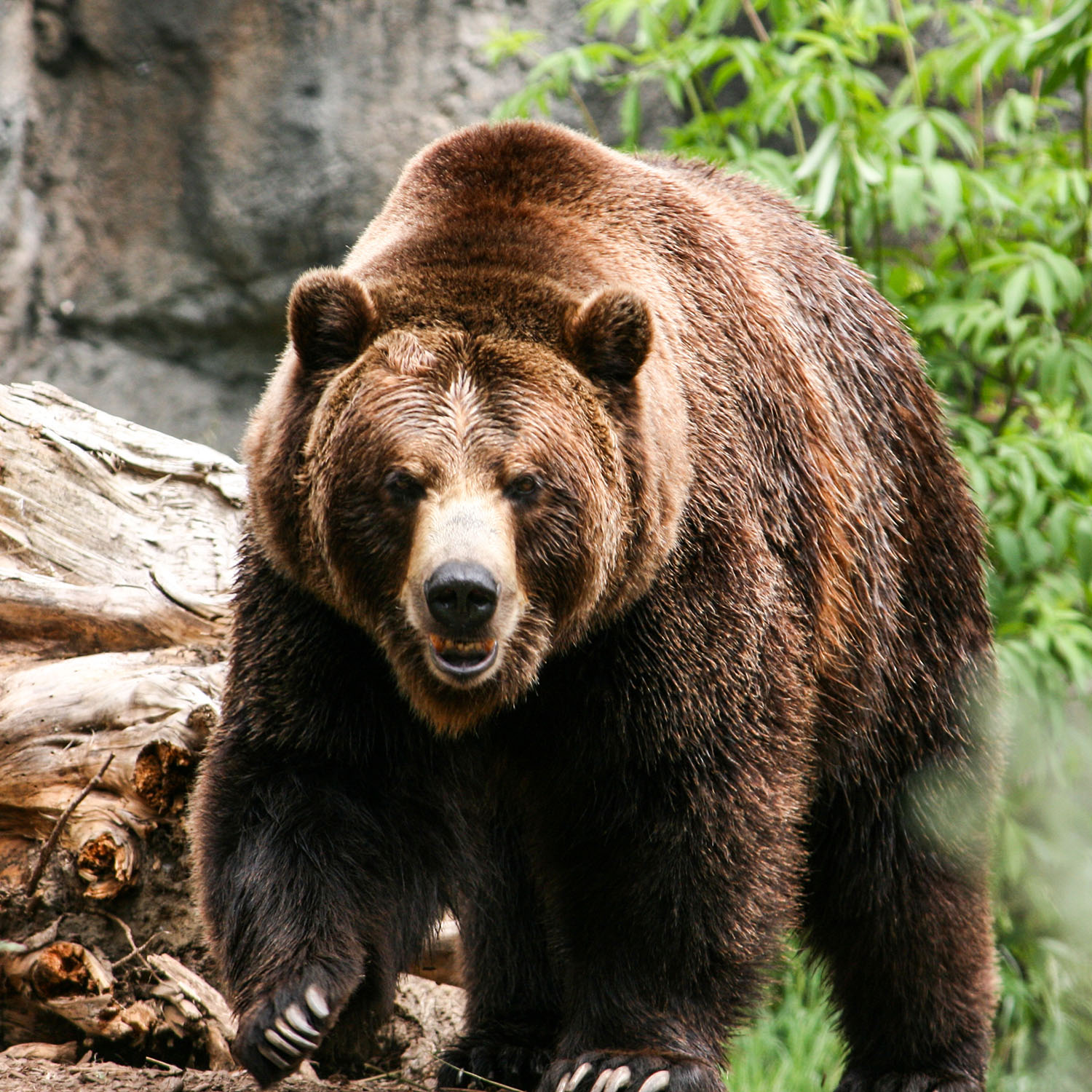
Black Bear
Hunters are permitted to take black bear in Washington, but there are also grizzly bear, which are a protected species that may not be shot or killed. Hunters should carefully learn the difference between black and grizzly bear, as color is not enough of an indication. Washington has a bag limit of two black bear during the license year. A big game hunting license is required to hunt black bear. Bait and hounds are not permitted in Washington.
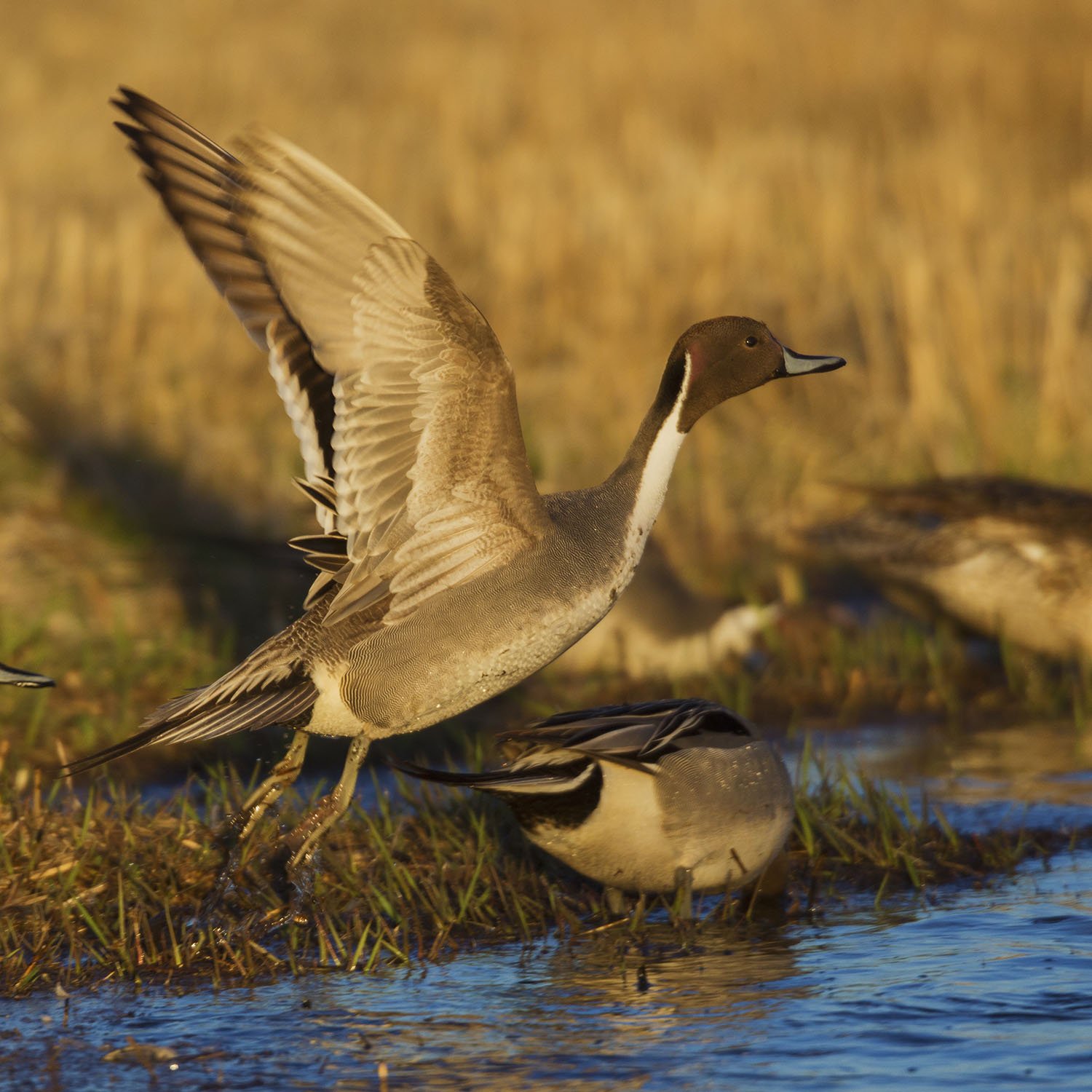
Waterfowl
Washington offers a wide range of waterfowl opportunities. Available species include mallards, Canada geese, snow geese, sea ducks, and brant. Much of the state’s waterfowl hunting is on publicly accessible lands. Washington is a major part of the Pacific Flyway, making it rank second among western states for waterfowl abundance and harvests.
Other Washington game species include: Cougar, Forest Grouse, Pheasant, California (Valley) Quail and Northern Bobwhite, Mountain Quail, Patridge, Crow, Bobcat, Fox, Coyote, Coot, Snipe, Band-tailed Pigeon, Mourning Dove, Canada Goose and Brant.
Where to Hunt
Washington offers a large amount of hunter-friendly public and private lands. These areas can be found across the entire state.
Private Lands
Although much of Washington is privately-owned, the state has partnered with private landowners to provide access to huntable properties. The Washington Department of Fish and Wildlife works with landowners to support both wildlife populations and outdoor recreation opportunities.
Wildlife Areas
The Washington Department of Fish and Wildlife maintains 1 million acres of publicly accessible land across 33 separate wildlife areas. Most of Washington’s most popular game species can be found in WDFW wildlife areas.
Game Management Units
The state maintains dozens of Game Management Units (GMUs) throughout six individual regions. Each of these GMUs are designed for the maintenance of certain game species. Hunting is permitted in these areas.
Licensing Fees
Washington offers hunting licenses for specific species and/or groups of species. The state does not offer any type of ‘general hunting’ license. Below are some of Washington’s most popular hunting licenses.
| License | Resident | Nonresident |
|---|---|---|
| Deer + Elk + Bear + Cougar License | $95.50 | $860.00 |
| Deer + Elk License | $84.50 | $739.00 |
| Deer License | $44.90 | $434.30 |
| Elk License | $50.40 | $497.00 |
| Small Game | $40.50 | $183.50 |
| 3-Day Small Game | N/A | $68.00 |
| Migratory Bird Permit | $17.00 | $17.00 |
| Turkey Tag | $15.90 | $44.50 |
| Trapping License | $41.60 | $200.00 |
Hunter Education
Hunter education is required for hunters born after January 1, 1972. Proof of the successful completion of a hunter education course is required to obtain a hunting license. There is no minimum age to enroll in such a course. The course is offered both in-person and online.
Washington also offers a trapping education course for prospective trappers. This is required to obtain a trapping license.
Youth Hunting
Washington offers several youth-only hunts throughout the year. These hunts are available for turkey, upland game, and some waterfowl species. Youths under 16 may take part in these hunts, but must be accompanied by adult, licensed hunters over the age of 18.
Trapping
To obtain a trapping license, it is required to first pass an exam regarding the humane and effective use of traps. A fur dealer’s license is also required to sell any pelts.
The following animals are considered furbearers by the state of Washington: badger, beaver, bobcat, marten, mink, muskrat, raccoon, red fox, river otter and weasel. These animals may only be trapped by those with a trapping license.
Animals must be removed from restraining traps within 24 hours of capture. Kill traps must be checked and animals removed over 72 hours.
Washington Hunting Seasons
| Game | Season Begins | Season Ends |
|---|---|---|
| High Buck* | Sep 15 2023 | Sep 25 2023 |
| Black-tailed Deer* | Oct 14 2023 | Nov 19 2023 |
| White-tailed Deer* | Oct 14 2023 | Oct 27 2023 |
| Mule Deer* | Oct 14 2023 | Oct 14 2023 |
| Elk* | Aug 1 2023 | Jan 20 2024 |
| Bear* | Aug 1 2023 | Nov 15 2023 |
| Cougar* | Sep 1 2023 | Dec 31 2023 |
| Jan 1 2024 | Apr 30 2024 | |
| Forest Grouse | Sep 15 2023 | Jan 15 2024 |
| Pheasant* | Sep 16 2023 | Dec 15 2023 |
| California (Valley) Quail and Northern Bobwhite* | Sep 16 2023 | Jan 15 2024 |
| Quail (Mountain)* | Sep 23 2023 | Nov 30 2024 |
| Partridge (Chukar & Gray) | Sep 16 2023 | Jan 31 2024 |
| Crow | Sep 1 2023 | Dec 31 2023 |
| Wild Turkey | Sep 1 2023 | Dec 31 2023 |
| Apr 1 2024 | May 31 2024 | |
| Bobcat | Sep 1 2023 | Mar 15 2024 |
| Fox* | Sep 1 2023 | Mar 15 2024 |
| Raccoon | Sep 1 2023 | Mar 15 2024 |
| Cottontail Rabbit and Snowshoe Hare | Sep 1 2023 | Mar 15 2024 |
| Coyote | no closed season | no closed season |
| Duck* | Sep 23 2023 | Feb 3 2024 |
| Coot* | Sep 23 2023 | Feb 3 2024 |
| Snipe | Sep 23 2023 | Feb 3 2024 |
| Band-tailed Pigeon | Sep 16 2023 | Sep 24 2023 |
| Mourning Dove | Sep 1 2023 | Oct 30 2023 |
| Canada Goose* | Sep 2 2023 | Mar 6 2024 |
| Brant* | Jan 6 2024 | Feb 3 2024 |
*Hunting dates for this species may vary by zone, method of take, or subspecies of animal. Visit the state’s website here to find out more.
Disclaimer: The information provided here is not to be construed as legal advice or acted upon as if it is legal advice: it is provided for informational purposes only. While we strive to provide accurate, up-to-date content, we cannot guarantee the accuracy, completeness, or currency of the information.